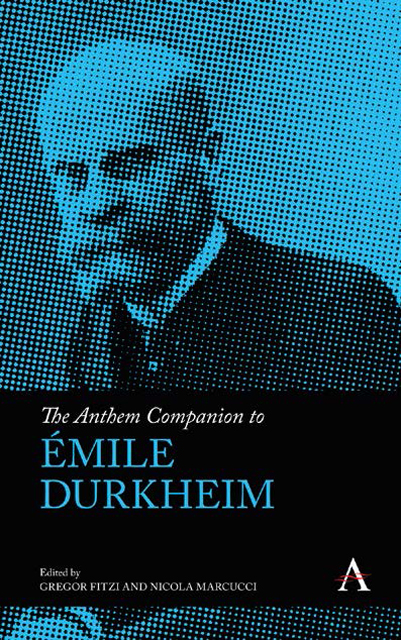Chapter 9 - Durkheim’s Theory of the Modern Family: Freedom, the State, and Sociology
Published online by Cambridge University Press: 09 December 2022
Summary
Freedom, the State and Sociology
Durkheim did not live long enough to write his book on the family, a project that he seems to have harboured for many years (Mauss 1925; Lamanna 2002, 2). Thus, a large part of his reflections on the family has been lost, since they were entirely contained in his lectures. Indeed, at least two of his courses at the University of Bordeaux (in 1888– 89 and in 1891– 92) and one in Paris (in 1907– 8) focused on the family (Lamanna 2002, 27). Only one trace of these courses has survived: the publication of the inaugural lecture of the social science course he taught in Bordeaux in 1888, which allows us to grasp the fundamental features of Durkheim's project of study of the family, as he developed it at the time.
The fact that Durkheim did not explicitly devote any of his books to the family does not mean that he failed to examine this topic. On the contrary, analyses of the transformations of the family institution appear in his major works, such as The Division of Labour in Society, Suicide, The Elementary Forms of Religious Life, but also in Professional Ethics and Civic Morals and Moral Education. Durkheim also developed his ideas on the family in the numerous reviews he wrote over the years for L’Annee sociologique, in the ‘Organisation domestique’ section, for which he served as the editor. The debate on divorce and divorce by mutual consent, which took place in the late nineteenth and early twentieth centuries, constitutes another major source of Durkheim's writings on the family and its modern transformations.
Thus, if all these materials are taken into account, it can be argued that analyses of the family form an essential part of the description of modern societies in Durkheim's work. I will show that these scattered analyses raise three major questions, which involve freedom, the state and sociological knowledge.
First, the question of modern freedom: the family offers a unique vantage point for understanding the link between freedom and membership (and, consequently, constraint), which characterizes members of modern societies and their forms of socialization.
- Type
- Chapter
- Information
- The Anthem Companion to Émile Durkheim , pp. 199 - 220Publisher: Anthem PressPrint publication year: 2022



